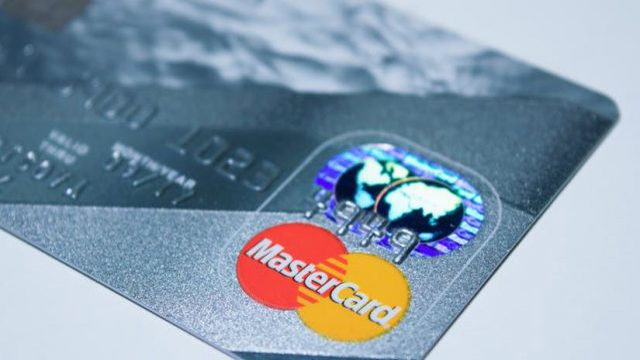Advertiser Disclosure
New or Used Car?
Updated On November 13, 2021
Editorial Note: This content is based solely on the author's opinions and is not provided, approved, endorsed or reviewed by any financial institution or partner.

Should You Buy A New or Used Car?
When it comes to choosing between a new or used car, there are several considerations. Yes, you can analyze the market value of a car or use a car value estimator. Once you look at a used car valuation and a new car valuation, you can compare which option – a new or used car – works best for you.
Despite the historical stigma that used car values are low because used cars are considered old, the fact is that used car values often are better than new car valuation due to depreciation.
Top Picks For Student Loan Refinancing
April 2024
View Details
Overview
Details
View Details
Overview
Details
View Details
Overview
Details
View Details
Overview
Details
View Details
Overview
Details
View Details
Overview
Details
View Details
Overview
Details
View Details
Overview
Details
Disclosures: SoFi | Earnest | NaviRefi | ELFI | Splash Financial | Citizens | Laurel Road | LendKey
New or used car: what is depreciation?
Believe it or not, your new car valuation may lose 20-30% of its value when you drive your new car off of the dealership lot. Yes, it is called depreciation and it impacts the market value of your car. Each year, the market value of your car will depreciate more as their increased wear and tear on your new car.
Here is an example: Let’s say you are deciding between a new or used car, Which the best car to buy? A new car may cost $25,000. However, let’s say your sell that same car 5 years later for $10,000. That means that the market value of the car depreciated by $15,000 over 5 years.
Now, let’s say you purchase a used car for $15,000 and sell it for the same $10,000 5 years later. In this case, the market value of the car depreciated $5,000 over 5 years.
With the new or used car, you ended up with $10,000 when you sold it. However, the new car was $10,000 more expensive. So, when using a car value estimator to estimate a used car valuation versus a new car valuation, pay attention to the projected value in three, five or 10 years.
What are the advantages of new cars?
Even if new car valuation can be impacted by depreciation, the best car to buy for you may be a new car. Here are some advantages of new cars:
- Reliability. Buying a new car means you will be getting the newest model with the highest reliability. That means fewer repairs and your new car is likely covered by a warranty. Most car manufacturers offer a three-year warranty or for the first 36,000 miles.
- Advanced Features. A new car means the newest features and gadgets that can be harder to find with used cars. You will also find a new car has better fuel inefficiency.
- Financing. When it comes to financing a new or used car, it is easier to find the best auto loans for a new car. You also can find lower interest rates.
- It’s new. With a new car, you know that is brand new and you are the first owner.
- Price transparency. There is more price transparency with a new car. You can compare prices for your make and model across offers to see which new car valuation and price works best for you.
What are the advantages of used cars?
When it comes to a new or used car, the best car to buy for you may be a used car. Here are some advantages of used cars:
- Less depreciation. Used car valuation can be better than new car valuation because of depreciation. For example, you could lose 30% of your purchase price when you drive off the dealership lot.
- Lower car insurance rates. The best car to buy for insurance is a used car because it costs less to insure a used car.
- Lower cost to register. Since you have a used car, the cost to register each year also will be less.
- More bang for your buck. Since used car values won’t be impacted as much by depreciation, you have more purchasing power to buy the car of your choice.
- Ok to get dirty. Unlike a new car, you will feel less stressed if your used car gets dirty or in a fender bender. After all, it’s a used car and the market value of the car is less impacted by its age. Focus on reliable cars that perform well even after 100,000 miles.
Best Auto Loans: New or Used Cars
Once you have selected a new or used car, you can compare the best auto loans on Mentor.










